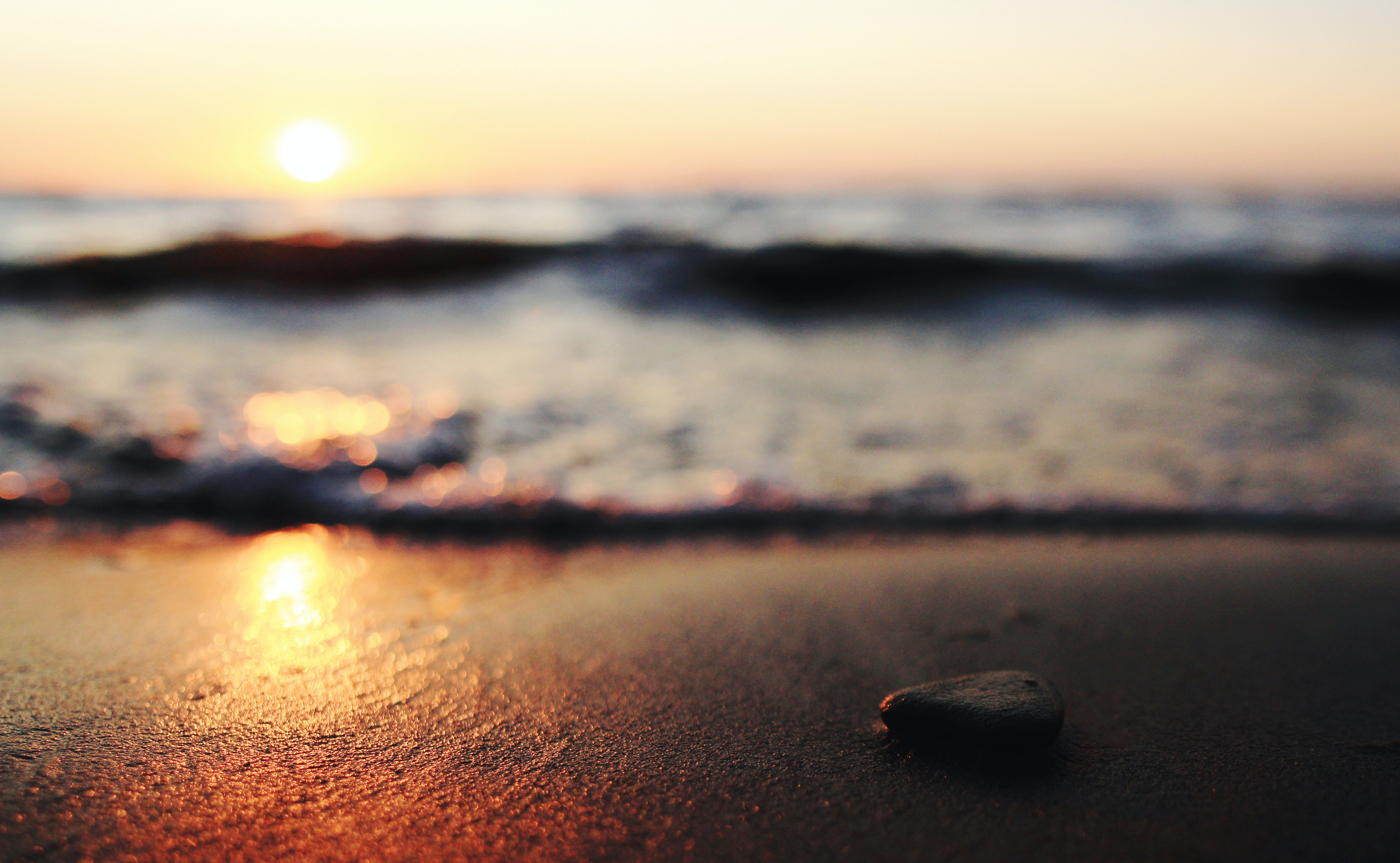
Plead for me Thetis by Chris Allen
Sing a song for the Shapeshifter (held in mortal space).
Her wedding gift (her unborn sorrow),
Achilles was his name.
I fear my daughter
will inherit the feuds of Agamemnon,
no therapon by her side,
I beg your guidance,
Pleading Thetis, who stayed her son from battle,
bestowed gifts of Hephaestus, and her favors
with the nod of Zeus. Once,
she saved the blacksmith,
her son she could not.
Shouts hang in her closet.
Supplying sustenance staves off only hunger.
A kiss can’t conceal the poison,
I’ve injected anger in her veins—
She’ll suffer fits of menis.
Prophecy hasn’t scribed her destiny,
she’ll scale Ilion walls someday.
My daughter is no demigod,
yet paths to Olympus persist.
Grant her, Nereid,
the same divine armor,
donned by the King of Myrmidons,
though steer her from conflict—
sharply, with words of wisdom and myths
of maniacal monsters, immortals, and men—
spare them her ferocity—
she’d drag them in circles—
spare them Priam’s grief.
Grant her, Nereid,
the power to reassign the apple,
may she only pass her anger onto her enemies.